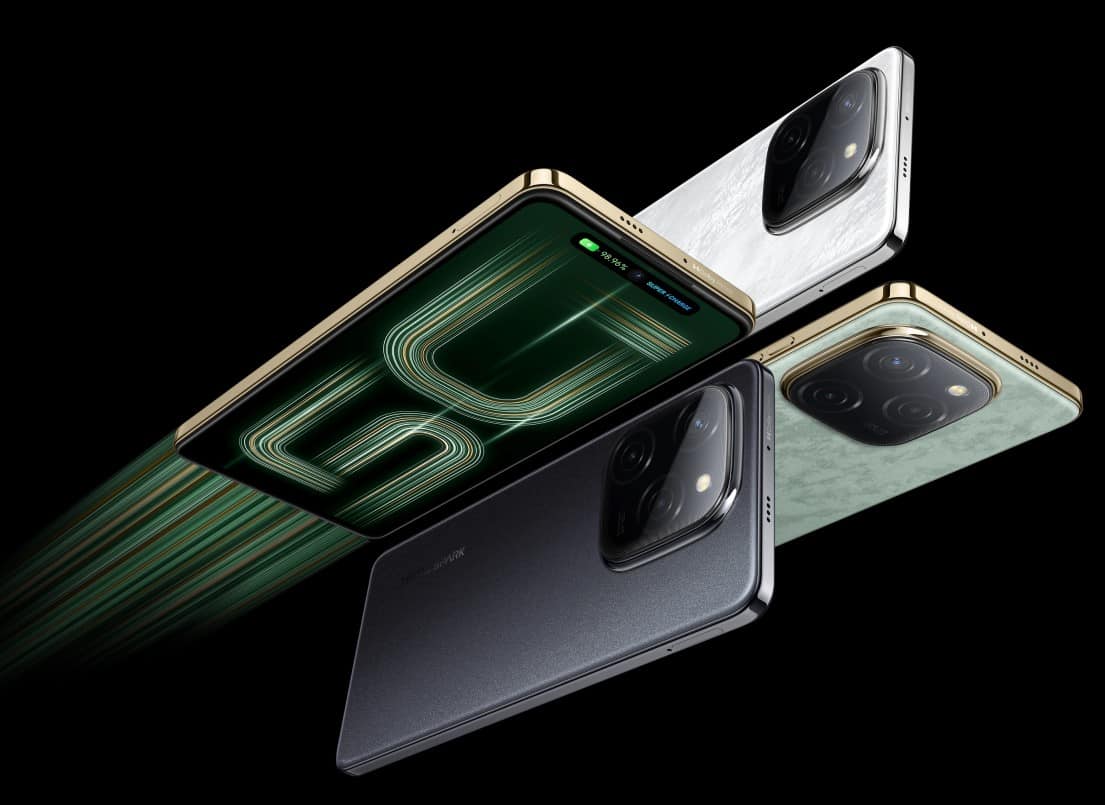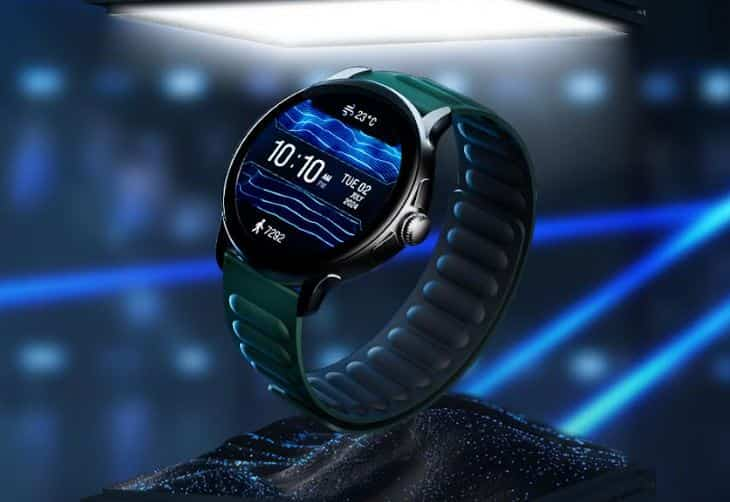PCB Board Manufacturers Be Used in Underwater Applications
PCBs are used in many devices and systems, from simple alarm clocks to high-powered industrial machinery. They often have complex circuits and are required to withstand harsh conditions such as vibration, chemical exposure and rough handling. The design of a PCB starts with front-end engineering, when the major components are selected and basic circuit diagrams are created to describe the functionality of the board. From there, electronic CAD software is used to translate these diagrams into computer drawings that define the electrical connections between the components. These are then called nets.
During the manufacturing process, holes are needed in order to connect the different layers of the PCB. These are known as registration holes and they are drilled using computer-controlled machines with data supplied by the PCB CAD software. The resulting holes are normally filled with copper, and the outer surfaces are coated with solder mask. Some exposed areas may also be tinned, which is used to improve the conductivity of the copper and reduce corrosion.
Once the nets are defined, it is time to route them. This requires a great deal of attention, as it is important that the nets are of the correct length to carry signals correctly and not cross areas of excessive noise. This stage also involves examining the PCB for potential problems and making adjustments or repairs.
Depending on the application, a waterproof pcb board manufacturer can be made by sealing it or coating it with a suitable material. Conformal coatings are a good choice for applications where the PCB will only be exposed to humidity and not direct contact with water, while enclosures provide maximum protection against moisture and corrosion. Whether the PCB is sealed or coated, it must be thoroughly inspected afterward to ensure that all the connections have been properly soldered and the waterproofing material has been applied.

Can PCB Board Manufacturers Be Used in Underwater Applications?
Most consumer electronics rely on PCBs to function, from recording devices like camcorders and digital cameras to televisions and video games. Many home appliances also have internal PCBs, including the dishwasher, microwave oven and refrigerator.
PCBs are also used in many types of medical and scientific equipment, as well as industrial automation and robotics. For example, the computer motherboard in your laptop or desktop computer consists of a series of PCBs. Other uses include automotive and aerospace vehicles, where PCBs are used to control engine, air conditioning and navigation systems.
Marine applications also rely on PCBs. These include the navigation systems on small vessels, submarines and large cargo ships. The PCBs in these applications must be able to withstand the salt water and other environmental hazards that can damage or short circuit them.
Lastly, PCBs are used in the energy sector to control automated devices and robotics at refineries and power plants. These are more likely to be exposed to extreme temperatures and harsh environments, which require extra-durable PCBs that can withstand the elements. Using a waterproofing material and properly maintaining these boards can ensure that they will continue to perform reliably in their intended applications for years.












+ There are no comments
Add yours